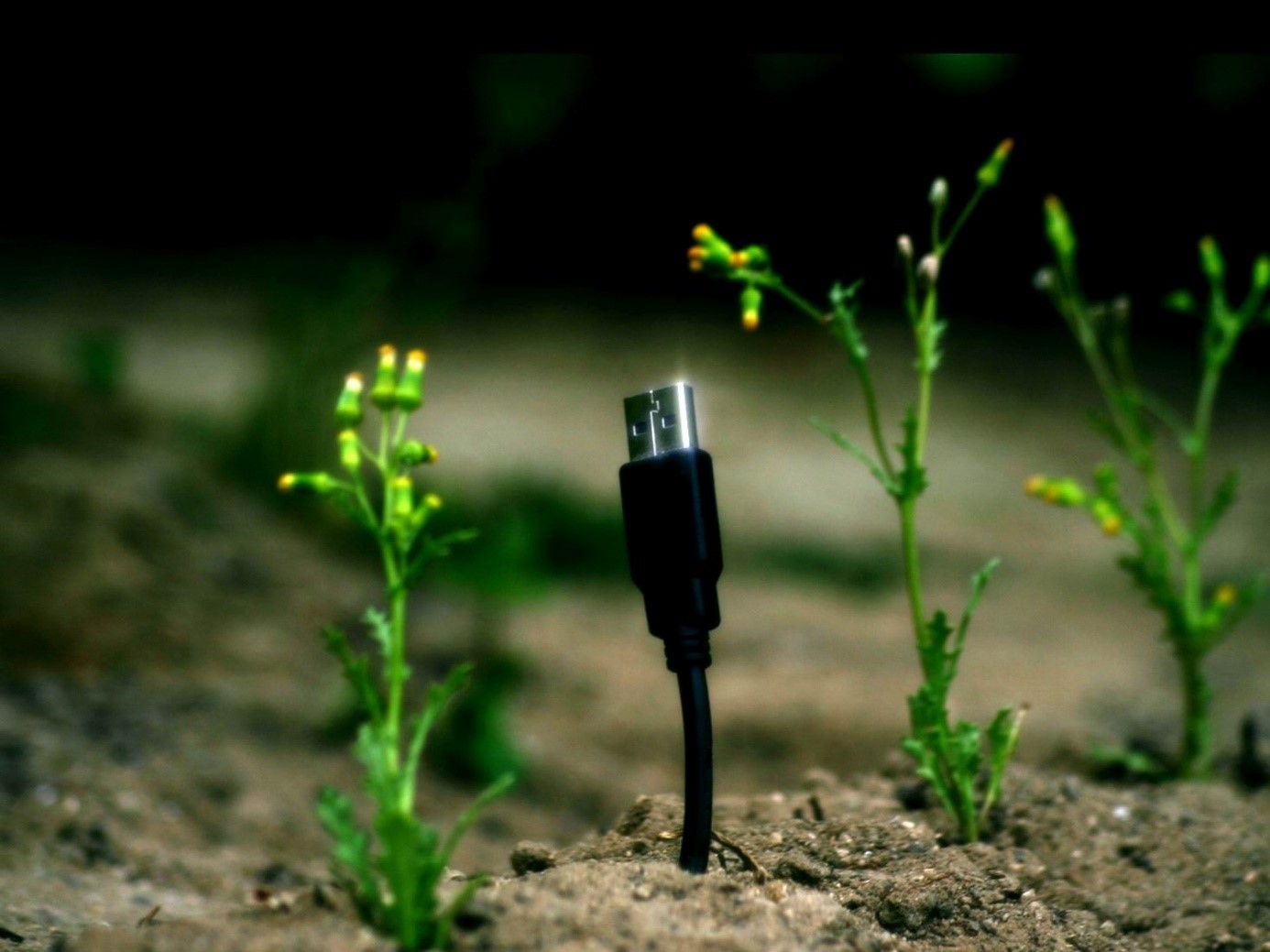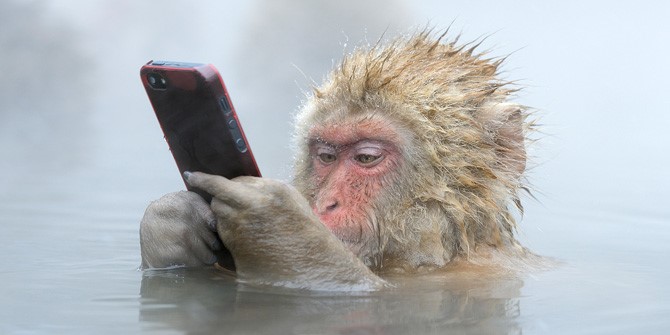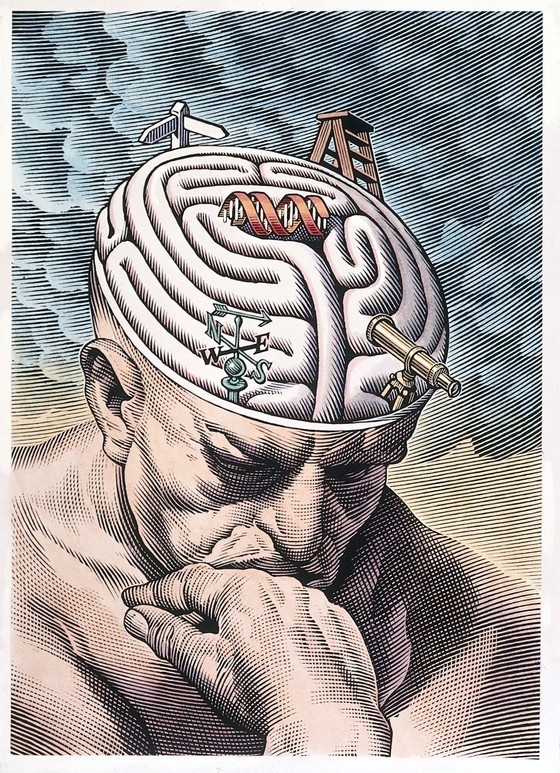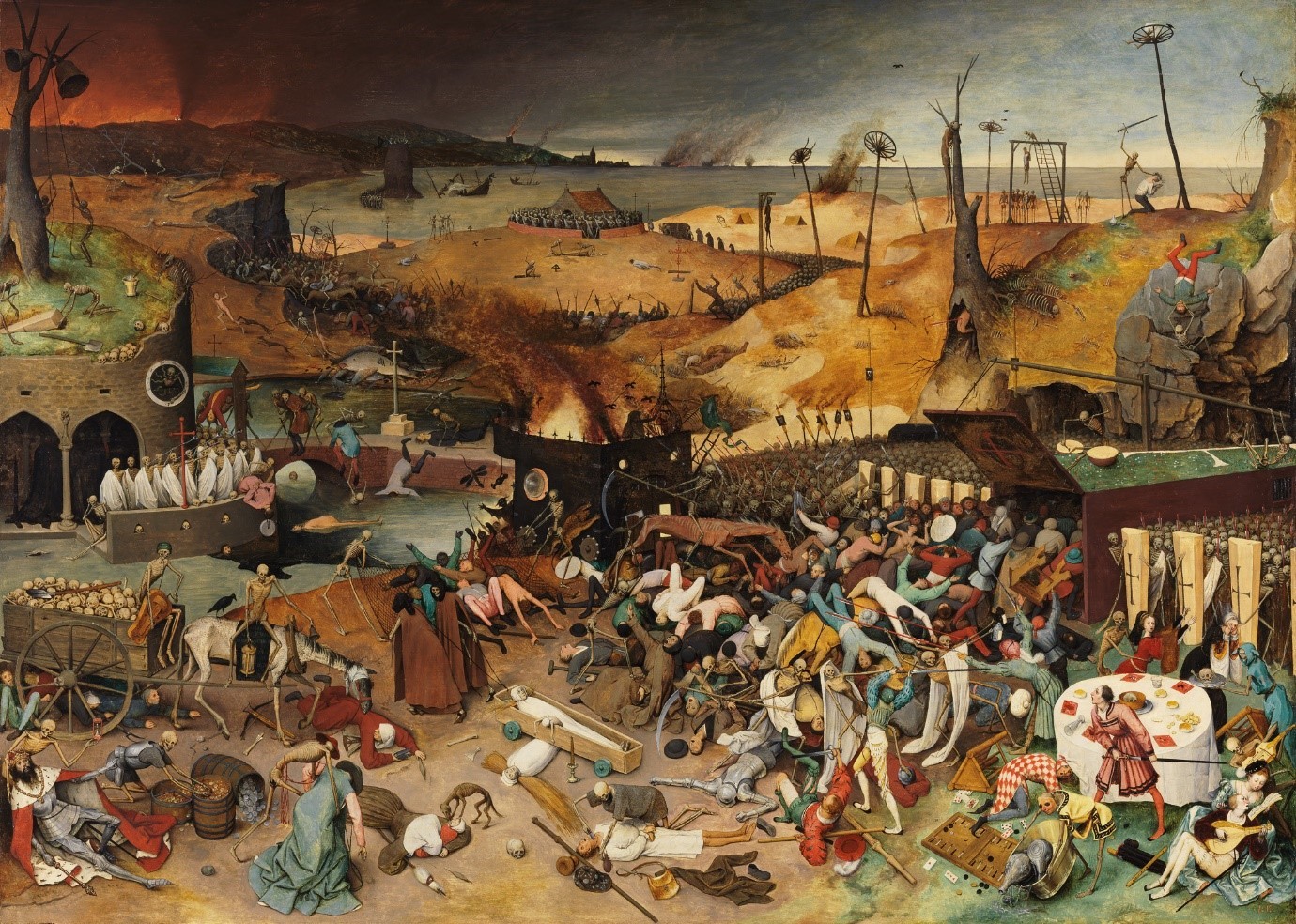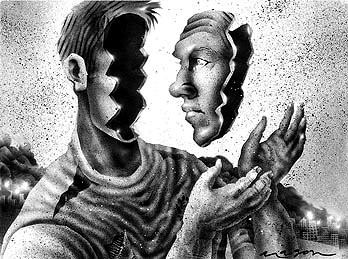Do good intentions matter?
Thank you, Eoin Martin, for this fascinating question. I will assume that we are interested in whether good intentions matter for our moral evaluation of actions, and in particular whether good intentions morally justify an action. I will also assume that a ‘good’ intention is an intention that aims at something that is to some […]
Do good intentions matter? Read More

